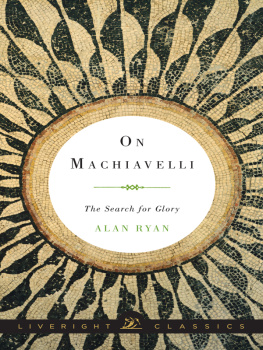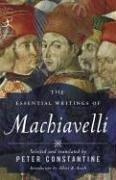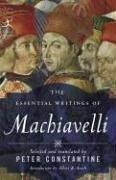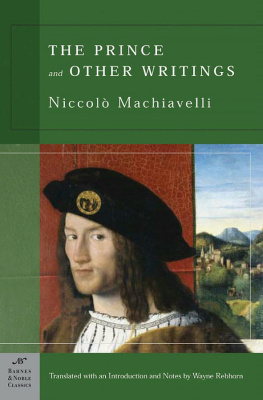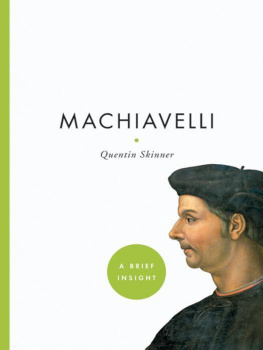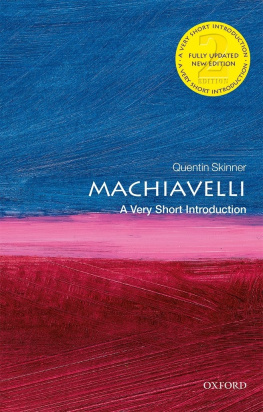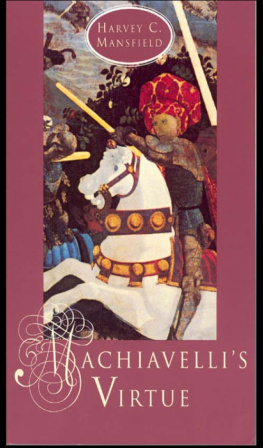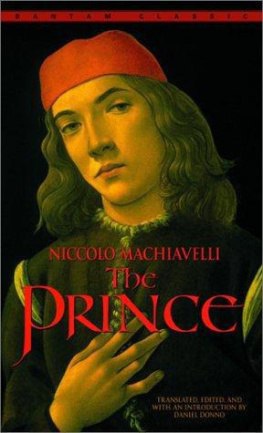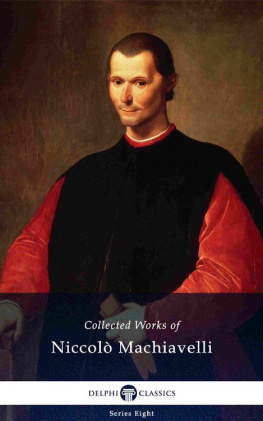
On Aristotle: Saving Politics from Philosophy
On Politics: A History of Political Thought:
From Herodotus to the Present
Liberal Anxieties and Liberal Education
John Dewey and the High Tide of American Liberalism
Bertrand Russell: A Political Life
Property
Property and Political Theory
J. S. Mill
The Philosophy of the Social Sciences
The Philosophy of John Stuart Mill

Copyright 2014, 2012 by Alan Ryan
Portions previously published in On Politics: A History of Political Thought: From Herodotus to the Present
All rights reserved
Printed in the United States of America
First Edition
For information about permission to
reproduce selections from this book,
write to Permissions, Liveright Publishing Corporation,
a division of W. W. Norton & Company, Inc.,
500 Fifth Avenue, New York, NY 10110
For information about special discounts for bulk
purchases, please contact W. W. Norton Special Sales at
specialsales@wwnorton.com or 800-233-4830
Book design by Ellen Cipriano
Production manager: Anna Oler
ISBN 978-0-87140-705-4
ISBN 978-0-87140-750-4 (e-book)
Liveright Publishing Corporation
500 Fifth Avenue, New York, N.Y. 10110
www.wwnorton.com
W. W. Norton & Company Ltd.
Castle House, 75/76 Wells Street, London W1T 3QT
CONTENTS


I N THE INTRODUCTION TO On Politics , I suggested that one measure of the books success would be the readers who went and read the works of the authors I discussed. Some readers suggested that I might encourage them to do so by taking chapters of On Politics and adding to them substantial extracts from the works I hoped they would read. What follows is exactly that, with a short introduction to provide some of the context that the chapters original placement in On Politics would have provided. As before, I am grateful to Bob Weil and William Menaker at Liveright, as well as to the Norton production team, for their help in making an authors life as easy as it can plausibly be made. I should also acknowledge how indebted I am to Sheldon Wolin, Isaiah Berlin, Quentin Skinner, and Maurizio Viroli for their penetrating insights into Machiavelli.

59 BCE | Florence founded by Julius Caesar |
421 CE | Legendary date of the foundation of Venice |
| Election of first doge of Venice |
10701115 | Tuscany ruled by Countess Matilda |
1115 | Florence emerges as a commune on Matildas death |
1115 | Siena ruled by its bishop |
1167 | Siena frees itself from episcopal control |
112582 | Florence expands and conquers surrounding countryside |
1172 | Establishment of Grand Council by Venice |
1204 | Sack of Constantinople by Fourth Crusade on behalf of Venice |
1216 | Feud between Guelphs and Ghibellines begins in Florence |
1260 | Siena defeats Florence at Battle of Montaperti |
1293 | The Ordinances of Justice passed by Florence |
1297 | The serrata (closing) of the Venetian Grand Council |
1300 | Florentine Guelphs split into Black and White factions; Dante, a White, is exiled |
1378 | Revolt of the ciompi (textile workers); political concessions made and withdrawn |
1434 | Cosimo de Medici becomes de jure ruler of Florence until his death in 1464 |
1469 | Machiavelli born, May 3 |
1471 | Election of Pope Sixtus IV |
1484 | Election of Pope Innocent VIII |
1492 | Election of Pope Alexander VI; death of Lorenzo de Medici and accession of Piero de Medici |
1494 | French invasion of Italy; French troops enter Florence; Piero de Medici and the Medici family expelled; Girolamo Savonarola urges restoration of the republic |
1497 | The Bonfire of the Vanities, February 7; Savonarola excommunicated by Pope Alexander VI, May 12; Florence threatened with papal interdict if the city continues to harbor Savonarola |
1498 | Savonarola tried for heresy; hanged and burned at the stake, May 23; Florentine Republic reestablished; Machiavelli appointed second chancellor by the Grand Council in June and secretary of the Ten of War in July |
150110 | Florence wages war to recapture Arezzo and Pisa |
1502 | Piero Soderini elected gonfalionere for life |
1512 | Florentine Republic suppressed by papal and Spanish forces; Machiavelli dismissed and confined to Florentine territory |
1513 | February, Machiavelli arrested and tortured; on release in March, Machiavelli retires to his farm at Percussina; Giovanni de Medici elected as Pope Leo X; July, Machiavelli begins to write The Prince and to draft Discourses on Livy , which he reads to friends |
1518 | Writes The Art of War , published 1521; writes his satirical play Mandragola |
151819 | Discourses on Livy completed |
1520 | Cardinal Giulio de Medici (later Clement VII) commissions his Florentine Histories |
1525 | Mandragola performed in Venice; Machiavelli visits Rome to present his Florentine Histories to Pope Clement VII |
1527 | Sack of Rome by imperial forces; the Florentine Republic restored in May; Machiavelli dies June 21, and is buried in Santa Croce |
1530 | The Medici again restored to power; Alessandro de Medici becomes duke of Tuscany |
153132 | Publication of The Prince , Discourses on Livy , and Florentine Histories |
1555 | Florence annexes Siena |
1797 | Fall of the republic of Venice |

T HE DECADE DURING WHICH Machiavelli wrote, but could not publish, his two great contributions to political thinking was an extraordinary one both in the history of political thinking and in European political and military history. Our concern is with the former, but Machiavellis own concerns were with the latter until he was forced to be a spectator of events he could not influence. In 1513 Machiavelli began work on The Prince , in 1516 Thomas More published Utopia , and in 1517 Martin Luther nailed his ninety-five theses to the door of the cathedral of Wittenberg. Machiavellis beloved Florentine Republic, which he had served since 1498, was overthrown by the combined forces of Spain and the papacy in 1512, and the exiled Medici were restored to power. He set about writing The Prince sometime after April 1513, after being released from the Bargello prison, where the new regime had had him interrogated under torture; he was wrongly but not implausibly suspected of involvement in a plot to restore Piero Soderini to power and send the Medici into exile once again. As his letter to Francesco Vettori suggests, he had made a lot of progress by the end of 1513, but he must have thought the work finished only after March 1516 when Giuliano de Medici died, and Machiavelli dedicated the work instead to Lorenzo de Medici, duke of Urbino. Manuscript copies appear to have circulated around this time.
Next page
